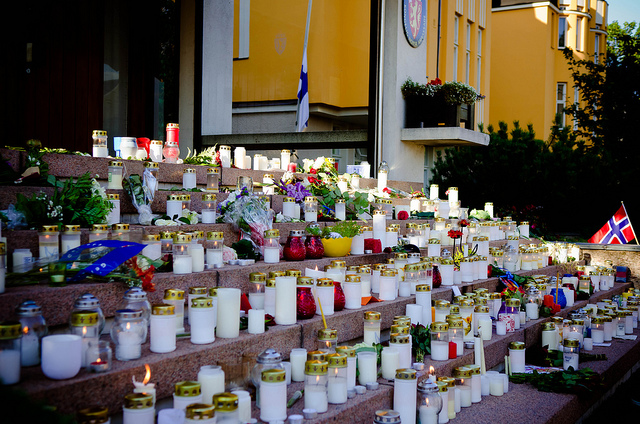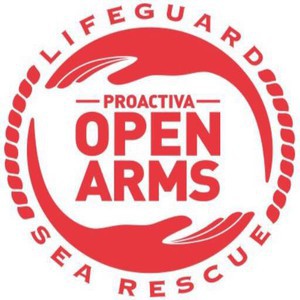The mistaken target of European anti-terrorism
(BRUXELLES2) A few weeks ago when we talked about terrorism, we thought "bearded", "Al Qaeda" or even far-left movement... What happened in Oslo on July 22, 2011 obliges us to rethink the deal. Firstly because, on the scale of Norway, the number of victims of the attacks in Oslo and Uttoya is higher (in proportion, compared to the population) than what happened almost ten years ago. years in New York, at the World Trade Center, September 11, 2001 (*). Then, because this time the "enemy" comes from within. A very nice boy, clean on him, more or less unknown to the police.
Proportionally more than the attacks of September 2001
By dint of focusing on extra-European terrorism, of Islamic obedience, we have forgotten that the roots of terrorism draw from several depths. There is here - it seems to me - the same error as that in the 1980s which, by dint of being obsessed with an internal extreme left terrorism, had not seen coming an external Islamic terrorism and today a terrorism domestic extreme right. The surveillance of the extreme right, of anti-Islamist circles, has been largely neglected, because it is considered, at best, as the happy cantonment of extreme radicals that are not very dangerous. And, however, we are in the presence of a pure terrorist act: attacking the foundations of the State and creating fear. The terrorist attacks, first, the seat of government (like the plane crashing into the Pentagon in 2001) and, second, an important symbol, the summer school of the ruling party, the young Labor (like the World Trade Center in New York).
A pure act of terrorism
This time, however, it will be useless to seek expiation lands outside as in the 2000s, in Iraq or Afghanistan. We will not be able to bomb villages or launch commando attacks on people. We will have to fight internally, in the United States or in Europe. And, above all, manage to eradicate the evil. It won't be easy. And probably less easy politically, in a way, than sending 130.000 men to Afghanistan, whose official objective remains the fight against terrorism...
Because, like any terrorist act, this act threatens democracy in a double trigger mechanism: the fear generated by the act itself - and other possible acts -; then the limitation of freedoms by the actions undertaken afterwards, to "defend oneself". It will be necessary to find the right balance between the reinforcement of the necessary measures and the preservation of freedoms and democracies. Today it must be noted that the anti-terrorist measures taken in several countries - such as the United Kingdom, France or Spain - do not completely protect against an act à la Breivik.
The laxity on the sale of arms
There is food for thought in terms of prevention. It is necessary to attack on the ideological level those who deliver an anti-Islamist theology - confusing the risk of States or movements with that of an entire population - and surf on an immigration open to all winds while maintaining a more push of immigrants. We must also not hesitate to use repression. A repression that does not target individuals but goods. Today, we seem to be more severe on export sales of arms than on their sale and circulation in Europe. The monitoring of weapons in circulation throughout the EU, the difference in legislation and the possibility of obtaining them by playing across borders... obliges the Member States of the EEA (and of the EU) to quickly provide stronger, harmonized and much less lax legislation.
A European reaction not commensurate with the event
In this respect, the European reaction has been relatively weak, at the political level. Condolences to Norway, a quick meeting of anti-terrorist experts and Europol's commitment to better monitor extreme movements (about fifty investigators would be put on the bridge). Point. Of course Norway is not part of the European Union. But it is part of the European Economic Area (EEA), with free movement of goods (weapons), businesses and people. It is largely connected, ideologically and geographically, with other European countries, such as Sweden or Denmark. It is a member of NATO, active in Afghanistan, and has participated in several European Union peacekeeping operations. And, contrary to what we believe and what is said, what happened in Norway could have happened elsewhere in Europe: in the Netherlands, Germany, Poland...
(*) 77 victims for a population of 5 million. Reported to France, we would reach nearly 1000 dead!



Comments closed.